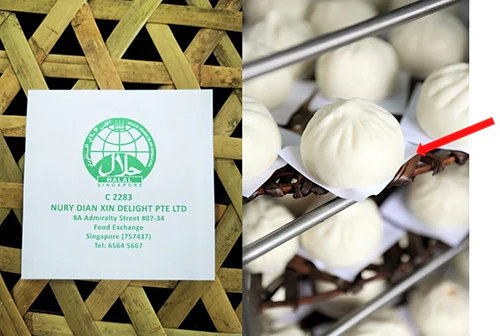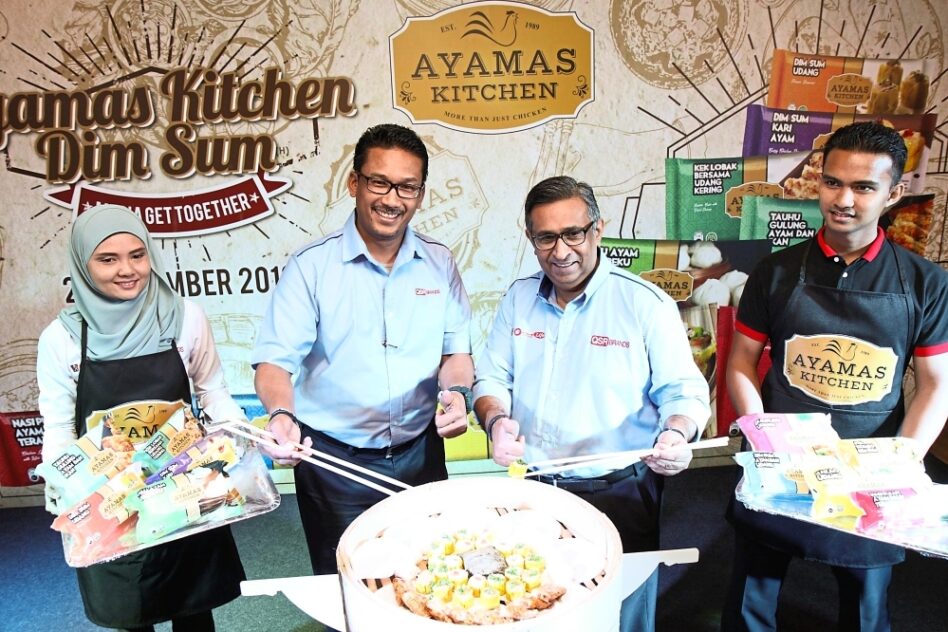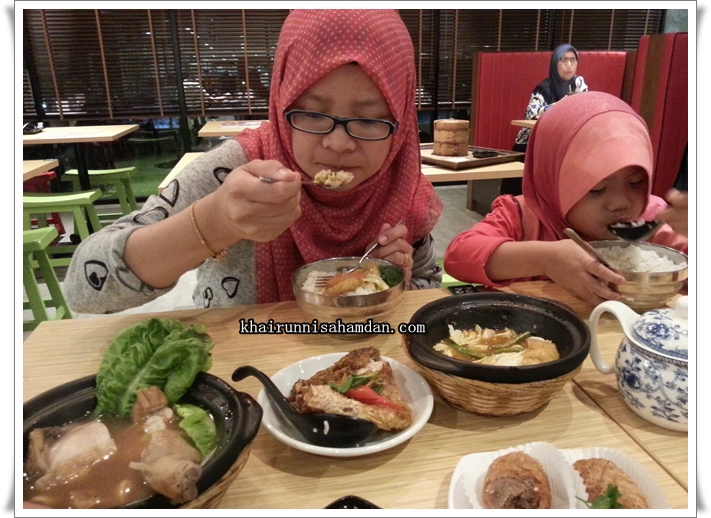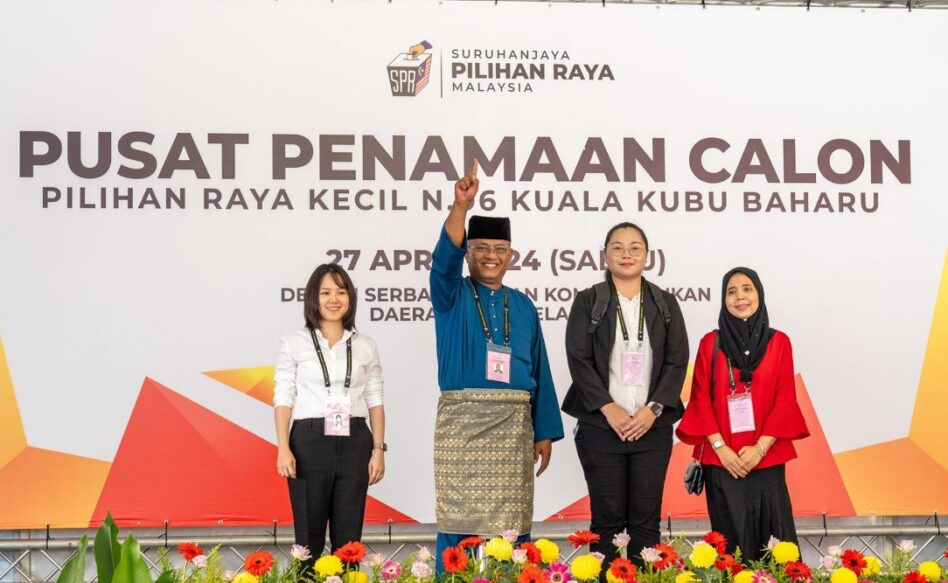Letter to editor
ANYONE with some grey matter would be able to see bountiful tourist dollars that bak kut teh (herbal pork rib soup) can generate for the country.
However, what we witnessed in the Dewan Rakyat recently was nothing but the culture of dengki (jealousy) or what is better known as the crab culture which seems to be plaguing some Malaysians.
The controversy over the bak kut teh has been stretched too far that it has reached a point of insanity and obsession, no thanks to a handful of lawmakers and quasi-politicians such as Prof Mohd Ridhuan Tee Abdullah.
After Tourism, Arts and Culture Minister Datuk Seri Tiong King Sing explained why bak kut teh is included in the list of National Heritage cuisines, these blinkered individuals started to “eat, drink, dream football”, borrowing a phrase from the late former Dutch footballer and coach, Johan Cruyff.
They appear unable to differentiate between the herbal pork rib soup and the herbal soup cooked with a wide variety of other meats. Interestingly, this writer also discovered that there is the vegetarian bak kut teh.
DAP Seputeh MP Teresa Kok is right in pointing out that the delicious Chinese cuisine is capturing the imagination of tourists from China. Since the cuisine is a local cuisine originating from Port Klang, Chinese tourists are fascinated to check out the dish.
Storm in a teacup
Such a controversy has never cropped up when Muslims in Terengganu sit down for a meal together with their non-Muslim friends at Hai Peng Kopitiam in Chukai, Terengganu, a restaurant owned and operated by a non-Muslim family for over 80 years.
Traditionally dumplings are known to use pork as its ingredients (hence, siew yoke pau). Perhaps, pau should be included in the national heritage cuisine, too, except that unlike bak kut teh, dumplings did not originate in Malaysia. Most people except for some politicians would think that there is no issue when pau uses non-pork ingredients to cater to the halal market.
Then there is also the Chinese dim sum which is traditionally prepared using pork but now has its halal version as well.


Guess what, when the general election approaches, these same politicians will parachute down these restaurants and appear on TikTok praising how good the dim sum, dumplings and bak kut teh are!
Just because the bak kut teh was mooted by a cabinet minister from the unity government, the debate has gone on for one whole week. If the meat in the herbal soup does not go stale, the topic is!
It appears to this writer that since some politicians are unable to engage in debates on the economics, these same lawmakers should stop being so obsessed with the bak kut teh debate.
The key beneficiaries are, in fact, the bak kut teh restaurant operators themselves. Thanks to the prolonged debates, conversations can be heard as diners talk about the current controversy as they savour their favourite bak kut teh.
Good cultural exchanges
Just as the Chinese love to taste both the rendang and all sorts of sambal dishes, Tandoori chicken and Chicken Tikka Masala, having non-pork dumplings, bak kut teh and other Chinese cuisines provide a great opportunity for Muslims at large to enjoy the cuisines.
It would be good for the opposition lawmakers to take off their blinkers and consider having Buka Puasa with these cuisines prepared by Muslims to ensure that they are halal. This is bak kut teh 101 module for them.
That which is just a simple herbal soup – originally cooked with pork ribs but now replaceable with other types of meat – should not become so politicised all because of a bunch of politicians who prefer to still keep their blinkers on. – March 12, 2024
Stephen Ng
Kuala Lumpur
The views expressed are solely of the author and do not necessarily reflect those of Focus Malaysia.
Main pic credit: CARI Infonet










